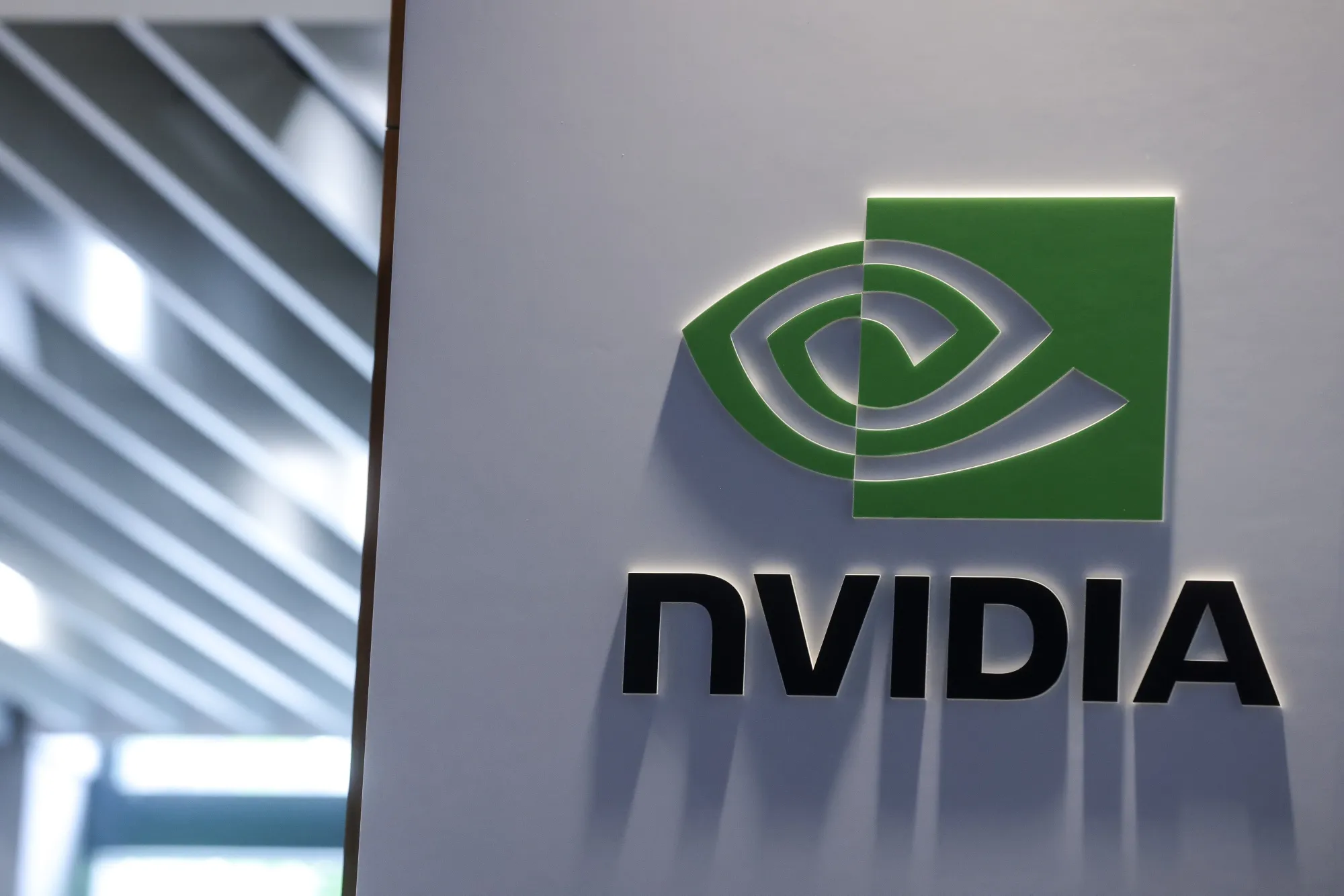Nvidia Corporation experienced a notable upswing in its share value during the extended trading session on Wednesday. This uptick followed the release of the company's financial report, which highlighted a remarkable 141% increase in sales within the data-center segment, contributing to record-breaking performance results.
In the after-hours trading period, Nvidia's shares exhibited a substantial 6.6% rally. This followed a preceding 3.2% surge in the regular trading session, closing at $471.16. Notably, this closing price remained marginally beneath the stock's previous record-closing pinnacle of $474.94, achieved on July 18, as corroborated by FactSet data. Should this trajectory be sustained and translate into Thursday's closing, a fresh record high for the stock would be established.
Nvidia's third-quarter projections anticipate revenues ranging from $15.68 billion to $16.32 billion, which markedly surpasses analysts' earlier estimates of $12.59 billion. Data-center sales are expected to contribute significantly to this performance, accounting for $9.15 billion of the total.
Jensen Huang, the Chief Executive, expounded on the prevailing landscape during discussions with analysts, emphasizing the convergence of two distinct platform shifts. These shifts encompass the realm of accelerated computing and the advent of generative AI facilitated by this computing paradigm. This dual evolution is incentivizing a transition away from conventional general-purpose computing methods towards the novel domain of accelerated computing.
Market consensus for the entire fiscal year indicates an average projected earnings figure of $8.29 per share on revenue totaling $44.54 billion. This reflects a substantial 71% surge from the previous fiscal year's earnings of $26.97 billion, with data-center sales constituting $32.41 billion of this amount.
Notably, Nvidia reported second-quarter net income of $6.19 billion, equivalent to $2.48 per share. This marked a significant escalation from the $656 million, or 26 cents per share, recorded during the corresponding period the previous year. Adjusted earnings, which exclude extraneous factors such as stock-based compensation expenses, were $2.70 per share, contrasting notably with the 51 cents per share reported in the prior year.
A pivotal factor driving these outcomes was the strategic increase in production of key products to meet robust demand, consequently elevating the company's gross margin from 45.9% in the previous year to 71.2%. This margin expansion was further underscored by the complexity and software integration inherent in Nvidia's data-center products.
As stated by Kress in discussions, the rise in data-center prominence is inextricably linked to the augmentation of the company's profit margins. This relationship underscores the financial benefits of this strategic focus.
Furthermore, Nvidia's thriving sales of the HGX platform, underpinned not only by cutting-edge architecture but also the incorporation of previous-generation Ampere hardware, were instrumental in propelling revenue and accentuating the upward trajectory of the company's financial performance.
Maribel Lopez, an analyst at Lopez Research, highlighted Nvidia's substantial financial gains as a testament to the lucrative prospects within the AI hardware domain. This perspective aligns with the observation that Nvidia is capitalizing significantly on the AI hardware market's revenue potential, with no discernible signs of deceleration.
Nvidia's year-to-date share performance exhibits remarkable growth, surging by over 222%. This striking contrast is underscored by the comparatively modest 42% gain in the PHLX Semiconductor Index, a 15.5% upswing in the S&P 500, and a 31% increase in the tech-centric Nasdaq Composite index.
Undeterred by its already impressive stock performance, Nvidia's board has endorsed an additional $25 billion allocation for share repurchases, bolstering the existing $3.95 billion under a prior authorization.
Huang also underscored the burgeoning collaboration with VMware Inc., a partnership poised to revolutionize GPU virtualization capabilities, thus expanding the accessibility of distributed computing and AI libraries via VMware's sales channels.
In the prevailing earnings season, Nvidia emerges as one of the few companies to unveil staggering profit surges. The company's unadjusted net income witnessed an astronomical 844% surge compared to the preceding year. This exceptional performance is reminiscent of the extraordinary 6,800% increase in net income reported by Palo Alto Networks Inc., a cybersecurity enterprise, according to Dow Jones data.
Nvidia's position as the largest publicly traded chip manufacturer by market capitalization has been steadfast since February. The company's valuation crossed the $1 trillion threshold for the first time on June 14, culminating in a current valuation of $1.164 trillion. It is even projected by certain analysts to potentially claim the title of the most valuable U.S. company within a few years, reflecting its ascendancy in the market.
Among U.S. companies by market capitalization, Nvidia currently ranks fifth, trailing Apple Inc., Microsoft Corp., Alphabet Inc., and Amazon.com Inc. These companies, although heavily invested in the realm of AI, are grappling with supply constraints as they seek to outfit their cloud-service provider data centers with cutting-edge AI infrastructure.
Nvidia's dominance in the AI chip domain is apparent, with Advanced Micro Devices Inc. (AMD) a distant second. AMD's recent earnings report witnessed a decline in its data-center segment, although direct AI chip sales were not included for comparison.
Post-release of the financial report, shares of both AMD and TSMC surged by more than 3% during the extended trading session. The reported revenue for the quarter marked a historic high of $13.51 billion, an impressive escalation from the $6.7 billion recorded during the same period the previous year. This surge was largely propelled by an extraordinary 141% leap in data-center revenue, reaching $10.32 billion.
Market analysts surveyed by FactSet had previously anticipated earnings of $2.08 per share on revenue totaling $11.19 billion, with data-center sales projected at $8.03 billion.
Colette Kress, Nvidia's Chief Financial Officer, emphasized that the robust demand for the HGX platform was chiefly attributable to the development of substantial language models and the proliferation of generative AI applications.

Subscribe to our newsletter!
As a leading independent research provider, TradeAlgo keeps you connected from anywhere.








